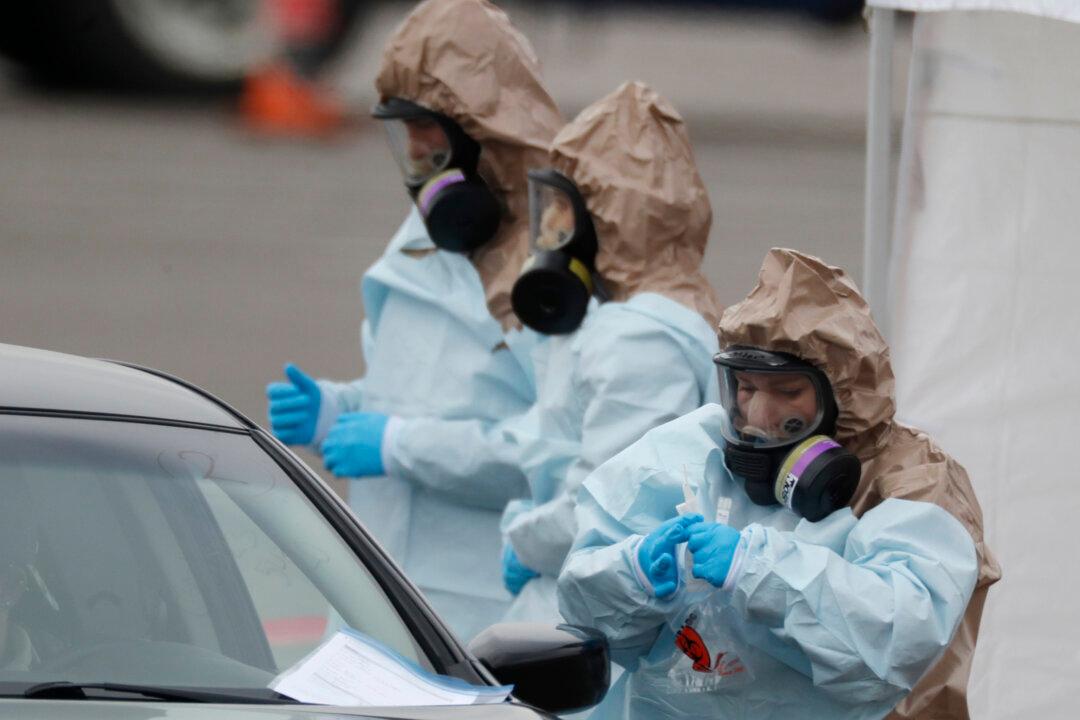Colorado health officials on May 15 announced a change in the way they count COVID-19 deaths in the state, lowering the death toll from more than 1,000 to 878.
The Colorado Department of Public Health and Environment (CDPHE) said in a statement that it made the changes because it had previously been counting those who had tested positive for the CCP virus (commonly known at the novel coronavirus) at the time of death but who had died of other causes.




